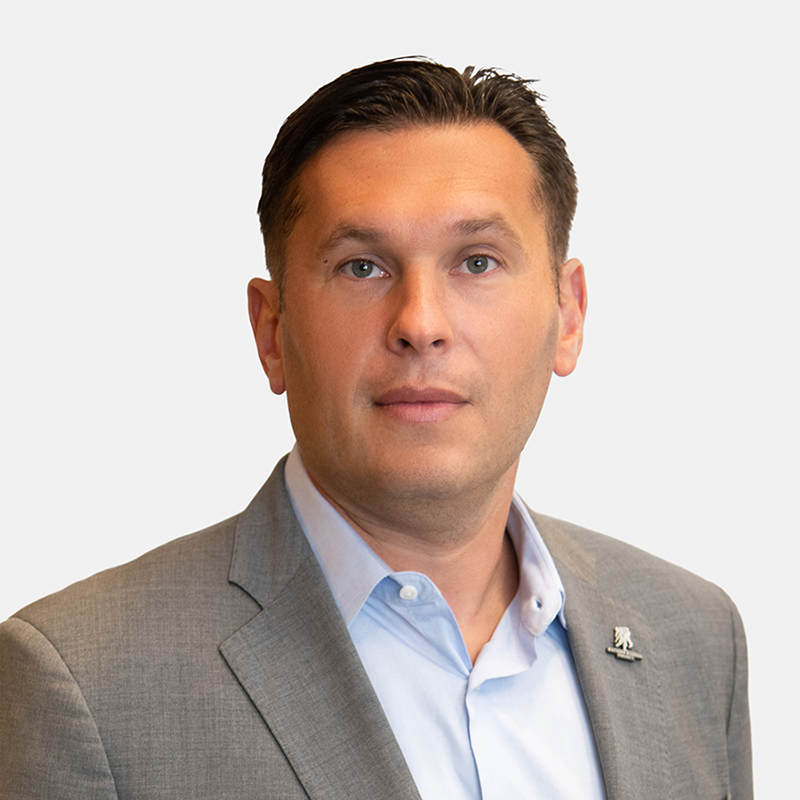Wounded Warrior Project’s Independence Program does not have a protocol to work with service members and their families when they transition home from a clinical facility, but they do have a highly successful formula for independent programing that caters to the individual needs of their clients whether those needs arise from the vet’s neurological trauma or from emotional or psychological challenges that result from that trauma.
Dr. Alexander Balbir is the Director of Independent Services at Wounded Warrior Project.
For information about treatments for brain injury please visit The Treatment Hub.
We have individuals who have sustained a neurological trauma. These individuals also present with significant emotional and psychological challenges as well because of their injuries. It does become very challenging to understand if this program is the right fit for them, but we have a great team of experts: brain injuries, specialists, they’re CBIS specialists. They understand brain injury. We’ve also, over the last seven years, really honed our skills in terms of understanding the emotional regulation, the psychological aspects of brain injury as well. And that’s very important. Understanding that warrior and their family and that dynamic is very important so that we can make either subtle or drastic changes in the care that we do provide them. This is why we have a full staff of in-house at Wounded Warrior Project and a case management staff that we work with out in the community as well. Our cases, or our caseloads, internally for our Independence Program staff, about 50 cases per individual. So that staff member knows those 50 cases very well. They can help manage the brain injury side, the mental health side with support from other mental health programs, they can manage some of the physical health and wellness needs through our physical health and wellness program here as well. So that intimate connection, that intimate bond that we have because our caseloads tend to be a little bit smaller than more traditional case management that you may find in the community, we’re able to adapt and work with these individuals. And we also have the ability to be very agile in the services we provide. If someone is having significant issues in their home that require additional skilled care, for instance, we can easily purchase that level of skilled care without having to go through a lot of red tape. So we are a very, very agile program that focuses exclusively on the individual. There is no protocol for how to work with all of these veterans and their families. The protocol does not exist. But what we do have is a formula in the Independence Program that caters to the specific needs of that individual and their families. BrainLine is powered in part by Wounded Warrior Project to honor and empower post-9/11 injured service members, veterans, and their families.
About the author: Alexander Balbir, PhD, MBA
Dr. Alexander Balbir served as the Director for Independence Services at Wounded Warrior Project (WWP). He currently serves in the United States Navy Reserve as a Medical Service Corps Officer hospital/healthcare administrator.

